\b and \r are rarely used in practice. I just found out that I misunderstood these two escape sequences. A simple test:
printf("foo\bbar\n");
I expected it to output fobar, because \b will backspace the cursor, and b will overwrite the second o, but instead it outputs: foobar
The same is with \r:
printf("foo\rbar\n");
I thought \r will move the cursor to the beginning of the current line, so bar will replace foo, so the final output should be bar. However, it actually outputs:
foo
bar


